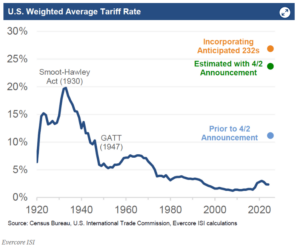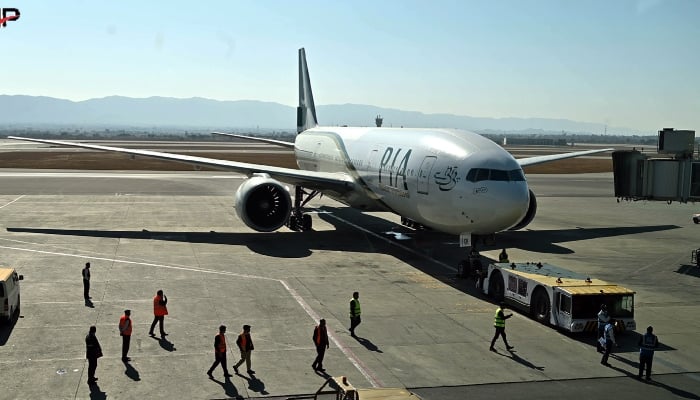My children and I are now settled in New Zealand but my ex wants them to return to Melbourne. Q: My ex and I separated two years ago . We have three children aged 17, 14, and 10.
Before we separated, we had been living in Melbourne for several years. After our separation, I went home to Auckland with the kids to have the support of my family and to help my mother, who was sick. We have been living in Auckland for 18 months.

I have a job, and the children have been going to school. My ex is still living in Melbourne. He talks to the kids on the phone regularly and has visited once.
Even though the move to New Zealand wasn’t meant to be permanent, my ex hasn’t raised any problem with the arrangements until now. He says he wants the children to come back to Melbourne and that he never agreed to them staying in Auckland. The kids don’t want to go back to Melbourne.
They are settled at school and have friends and activities. They haven’t talked to their friends in Australia for a long time. They don’t have any family in Australia, but my family and my ex’s family are in New Zealand, and we see them often.
I’ve told my ex we’re not moving back to Melbourne and now he’s saying he’s going to take me to court. What do I do? A: Cross-border parenting disputes are common, with many families spending time overseas to pursue work and lifestyle opportunities. In situations such as this, the Hague Convention on the civil aspects of international child abduction comes into play.
The convention is an international treaty between contracting states, including New Zealand and Australia, which aims to return children under 16 who have been abducted or wrongfully retained by their parent overseas. The purpose of the convention is to secure the prompt return of children, and to ensure the rights of custody and access under the law of one contracting state are effectively respected in another contracting state. The convention is included in New Zealand law through the Care of Children Act 2004.
Under those provisions, the court must make an order for the return of a child to that child’s state of “habitual residence” unless one of the exceptions apply. The exceptions include: (a) that the application was made more than a year after the removal of the child, and the child is now settled; (b) that the person by whom the application is made was not actually exercising custody rights in respect of the child at the time of the removal, or consented to, or later acquiesced in, the removal; (c) that there is a grave risk of harm to the child if they are ordered to return; (d) that the child objects to being returned and has attained an age and degree of maturity at which it is appropriate also to give weight to the child’s views; and (e) that the return of the child is not permitted by laws relating to the protection of human rights and fundamental freedoms..
Business

The Ex-Files with Jeremy Sutton: Do I have to send my children back to Australia?

OPINION: My kids and I are settled here but my ex wants them to return to Melbourne.















